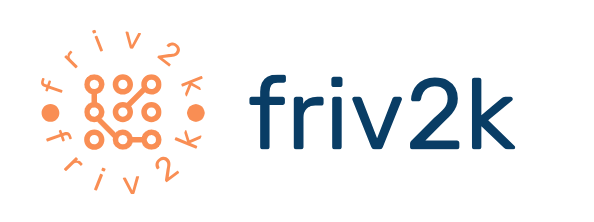A SaaS (Software as a Service) platform is a cloud-based service where instead of downloading software on your desktop PC or business network to run and update, you instead access an application via an internet browser. The software application could be anything from office software to unified communications among a wide range of business apps that are available. The primary characteristic of SaaS is that it’s hosted on a remote server and managed by a third-party vendor.
Operational Mechanisms of SaaS Platforms
SaaS operates through cloud computing, which relies on sharing computing resources rather than having local servers or personal devices handle applications. This model works via web-based applications where the software and the data associated with it are hosted on servers managed by the service provider. Users connect to these applications over the internet using a web browser. The service provider is responsible for maintaining the software, including security, availability, and performance.
Advantages of Adopting SaaS Solutions
One of the most significant advantages of SaaS platforms is their cost-efficiency. Businesses don’t need to invest in expensive hardware and software or worry about installing and updating software. Instead, they pay a subscription fee, which typically includes maintenance and support. This model offers predictable costs and reduces the financial risk associated with large upfront investments. Furthermore, SaaS allows for flexible scaling; companies can easily adjust their subscription levels to match their business needs without significant downtime or additional costs.
Enhanced Accessibility and User Experience
SaaS platforms provide enhanced accessibility, allowing users to access the software from any device with an internet connection. This flexibility is particularly beneficial for remote work and businesses with distributed teams. Moreover, SaaS applications are designed to be user-friendly, with intuitive interfaces that require minimal training. This ease of use can significantly reduce the time and cost associated with deploying new software.
Security and Compliance in SaaS Platforms
Security is a crucial aspect of SaaS platforms. Reputable SaaS providers implement robust security measures, including data encryption, multi-factor authentication, and regular security audits. Additionally, these providers often comply with industry standards and regulations, such as GDPR for data protection. This ensures that sensitive business data is safeguarded and that businesses meet compliance requirements without needing to invest in additional security infrastructure.
Customization and Integration Capabilities
SaaS platforms offer extensive customization options, allowing businesses to tailor the software to their specific needs. Many SaaS applications provide APIs (Application Programming Interfaces) that enable integration with other software systems. This capability facilitates seamless workflows and data exchange between different applications, enhancing operational efficiency. Customization options may include adjustable settings, user permissions, and adaptable workflows, making SaaS a flexible solution for diverse business requirements.
Examples of Prominent SaaS Platforms
Several well-known SaaS platforms have become integral to modern business operations. Salesforce is a leading CRM (Customer Relationship Management) tool that helps businesses manage customer relationships and sales processes. Slack is another popular SaaS platform that facilitates team communication and collaboration through instant messaging, file sharing, and integration with other tools. Google Workspace offers a suite of productivity tools, including Gmail, Google Docs, and Google Drive, all accessible via the cloud. These platforms exemplify the diverse applications of SaaS and its role in enhancing business productivity.
Economic Impact of SaaS on Businesses
The economic impact of adopting SaaS platforms can be substantial. By reducing the need for physical infrastructure and IT maintenance, businesses can allocate resources more efficiently. SaaS solutions often include regular updates and new features at no additional cost, ensuring that businesses always have access to the latest technology. This ongoing innovation can provide a competitive edge, helping businesses to stay ahead in their respective industries. Additionally, the subscription-based model aligns IT spending with operational expenses, improving budget management and financial forecasting.
Future Trends in SaaS Development
The future of SaaS is promising, with several emerging trends likely to shape its evolution. Artificial intelligence and machine learning are increasingly being integrated into SaaS applications, offering advanced analytics, automation, and personalized user experiences. The rise of micro-SaaS, niche products tailored to specific industries or business needs, is another trend to watch. Additionally, the focus on enhancing data security and privacy will continue to grow, with providers implementing more sophisticated measures to protect user data. As businesses continue to embrace digital transformation, SaaS platforms will play a crucial role in driving innovation and efficiency.

